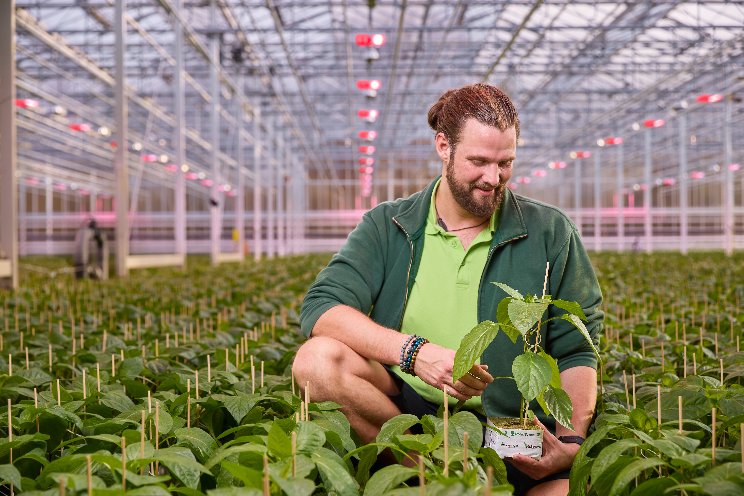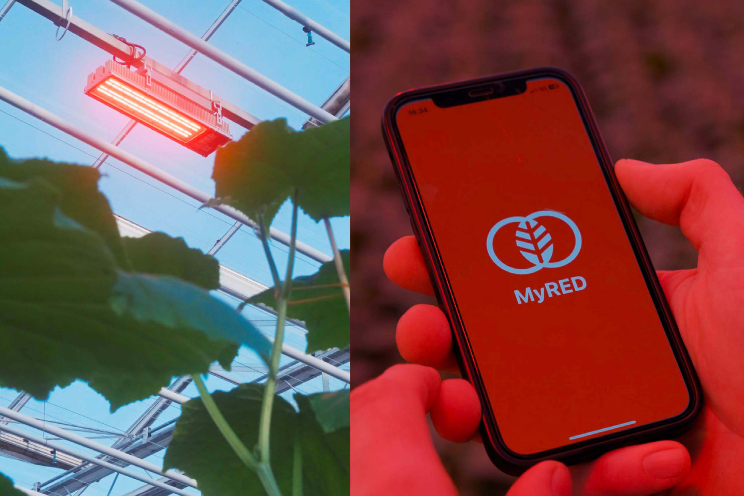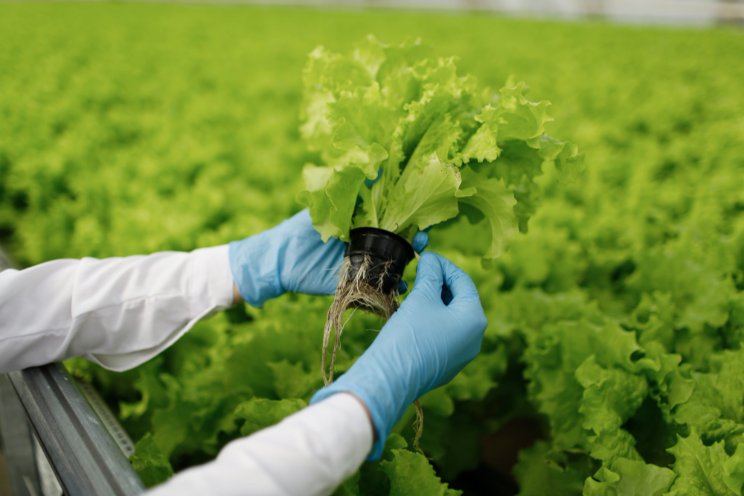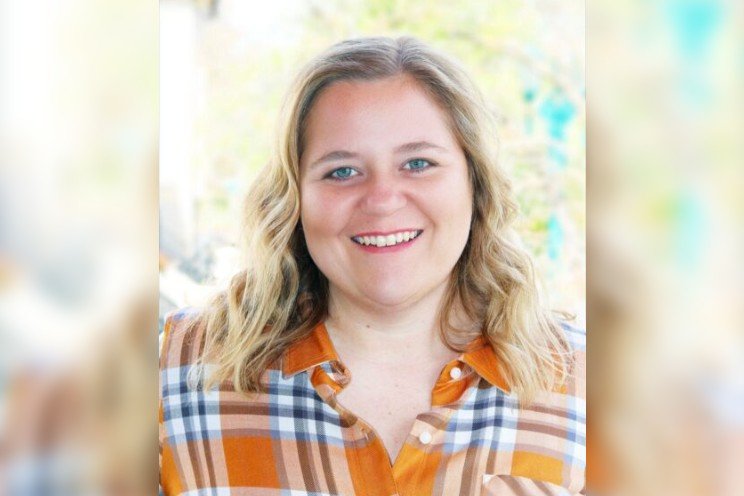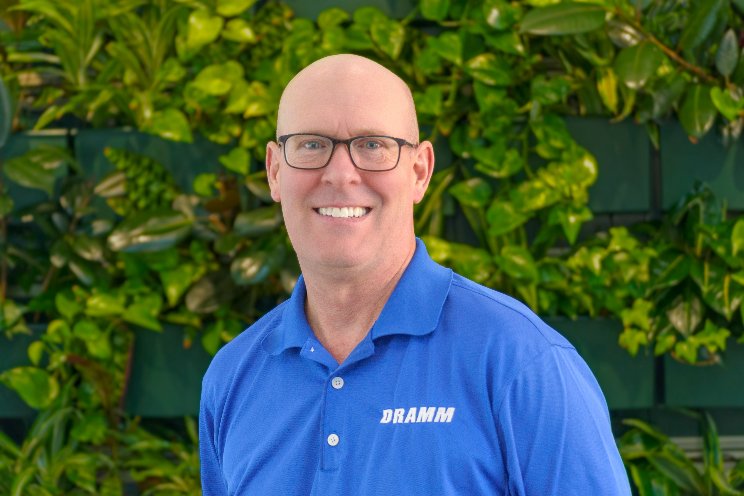The rugose-resistant tomato variety development
Added on 23 November 2022

Sound familiar?
With the early days of the COVID-19 pandemic still relatively fresh in our minds, a similar event and process has unfolded in the horticultural world. And a Vineland team of researchers and scientists are at the forefront of protecting Canadian tomato growers threatened by the tomato brown rugose fruit virus, which has wreaked havoc across the globe.
“We know it’s here in Canada and we know it’s a major concern of growers across Canada. And so the expectation is that it’s having an impact on growers,” said Travis Banks, director of plant variety development for Vineland Research and Innovation Centre (VRIC).
“So either growers may be experiencing rugose or growers are shifting their crop away from tomato to avoid getting the virus.”
First detected in Jordan and Israel in 2014, the virus can discolour the leaves. But more importantly it affects the fruit, creating crinkled brown or yellow spots on the tomatoes and leaving them, as Banks describes, as “unmarketable.”
“And because of how easily it spreads, it can run through greenhouses and make entire crops unmarketable,” he said.
VRIC has had a greenhouse tomato-on-vine breeding program for a decade, working with organizations like the Ontario Greenhouse Vegetable Growers (OGVG) to develop breeds of tomato best suited for the Ontario climate. In 2019 when it became apparent the rugose virus was now a Canadian problem too, researchers shifted gears slightly to develop varieties resistant to this virus.
With support from OGVG, Agriculture and Agri-Food Canada, and seed partners in Europe, researchers quickly set about identifying rugose resistance from VRIC’s collection of tomato varieties as well as lines belonging to European partners. They then created genetic markers for the rugose resistance and began breeding it into the existing elite, Canadian-adapted varieties VRIC has already developed.
Having the genetic markers allows that breeding to happen much faster than traditionally.
More news
